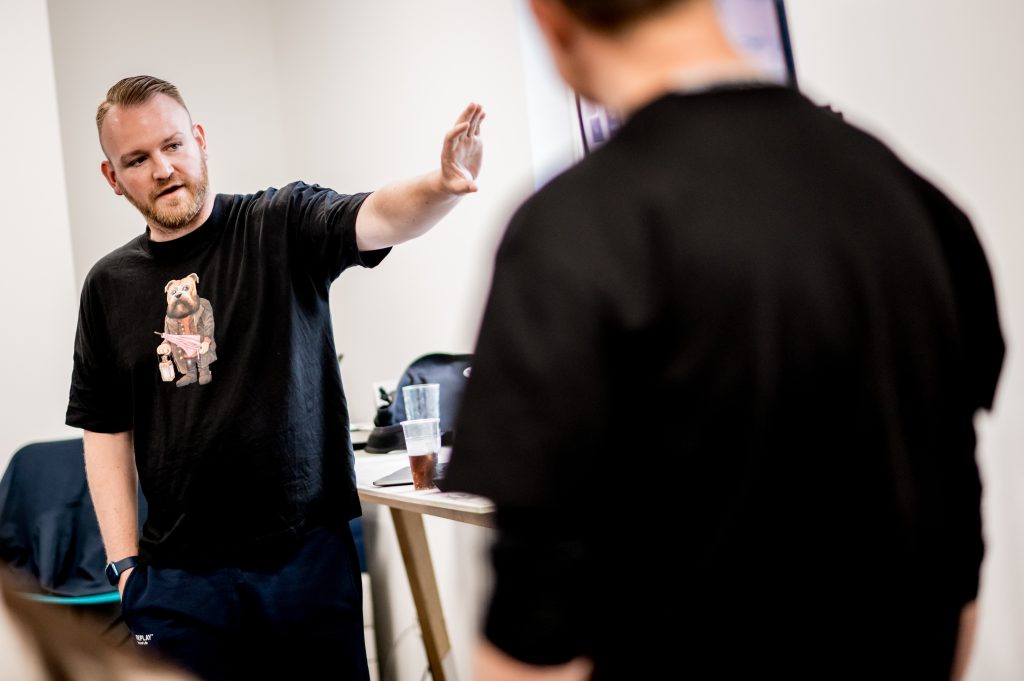What is the VGTR?
The VGTR scheme was revived in 2013 with application available from the 1st April 2014 (initially launched until 2018 but recently extended to 2023) and is available to game developers and executives in the industry.
So, if your company is registered for Corporation Tax and is directly involved in the planning, designing and developing, testing and production of a game that has been completed or is still being developed since 1st April 2014 than you are eligible to apply for VGTR.
The good news is that you can make a claim going back two financial years, and claiming for two previous years can be particularly beneficial for first time claimants.

OK, so what does it mean?
This scheme will allow UK game developers to apply for up to 20% tax relief funding from HMRC, which means you can claim an additional deduction in your corporation tax return based on the qualifying expenditure. This is calculated as the lower of either:
– Their European Economic Area (EEA) expenditure;
– 80% of their core expenditure incurred in relation to the game
Example
Okay, let’s go through an example to see how it works.
Let’s say that you are in the middle of developing a game, or the game is already developed and you incurred £10,000 productions costs, of which:
1. All is EEA expenditure. If you claim the relief then you can deduct an additional amount which is the lower of:
-£10,000 spent on core expenditure in EEA; AND
-80% of the core expenditure incurred by the company – £8,000
Therefore, the additional deduction available is £8,000
2. Only 70% of the incurred expenditure is EEA, then the deduction will be the lower of:
-£10,000 x 70% = £7,000; and
-80% of the core expenditure incurred by the company – £8,000
Therefore, the additional deduction available is £7,000
If you made a loss than you can also surrender the loss for a payable tax credit at a rate of 25%.
The surrenderable loss is the lower of either:
– The available loss; or
– The qualifying expenditure available

OK, let’s quantify it to see what it means. If you make a loss of £10,000 and the qualifying expenditure you incurred is £8,000, then you can surrender the whole qualifying expenditure as the lower of the two.
The amount of the payable tax credit due is the credit rate of 25% multiplied by the loss surrendered (£8,000), giving a payment of £2,000. Please note that HMRC may offset any credit against other outstanding tax liabilities eg PAYE.
Sounds good, but does it apply to all computer games?
VGTR applies to any video console games, games for PC’s or games for smartphones, tablets and other mobile devices that are intended for release to public. However, keep in mind that if the games have been produced for advertising, promotional or gambling purposes than you can’t apply as these don’t qualify for the relief.

Also, a very important condition is that the video game needs to be certified as British by means of a cultural test administered by the British Film Institute (BFI).
The cultural test looks at the cultural content of the game and is a points-based test – you will need 16 of possible 31 points to pass, and it is split into 4 sections:
-Cultural content (up to 16 points)
-Cultural contribution (up to 4 points)
-Cultural hubs (up to 3 points)
-Cultural practitioners (up to 8 points)
The application for the certification can be made via an online application for each game, and you can also obtain an Interim certificate if the game is still under development, with a final certificate once it has been completed and made available to the public.
What happens if my game doesn’t meet the 16 points required for the certification?
If you haven’t met a point by the end of the test, we can assess and confirm the residency of your UK staff, by producing a certification, which will count towards the required points.
And that is not all. We will also, work out the associated calculations and submit them to HMRC along with the stencils and any other supporting documentation.


